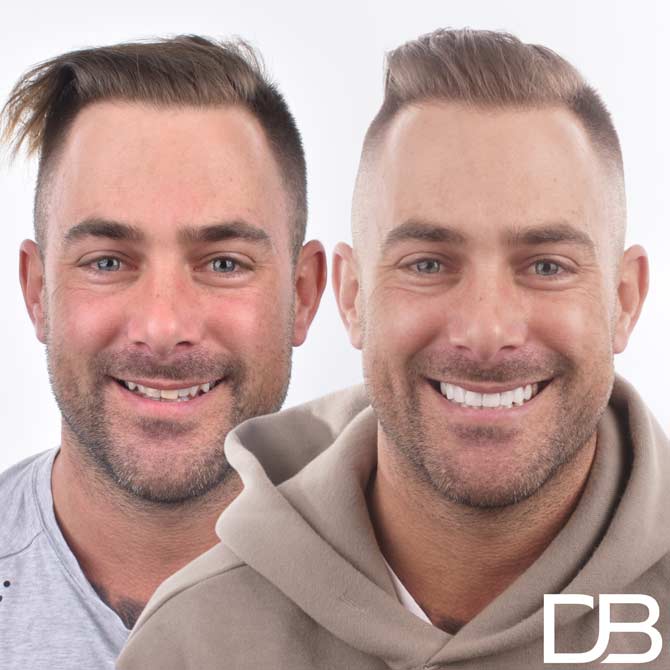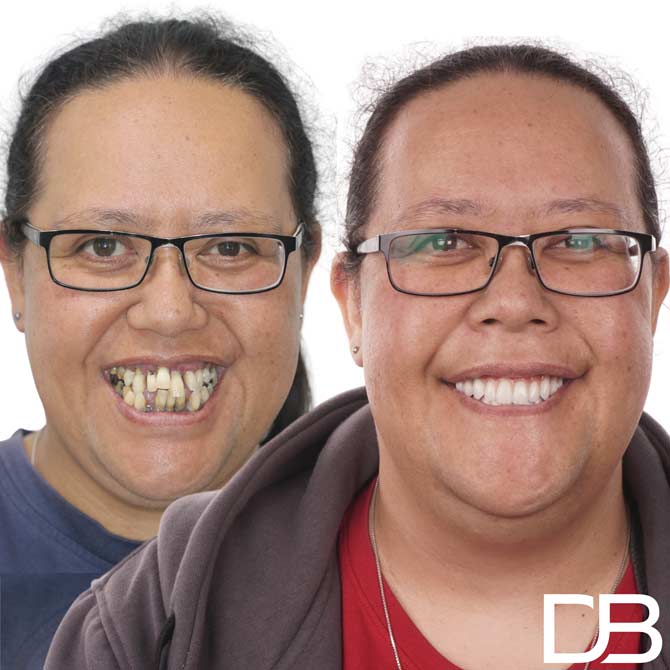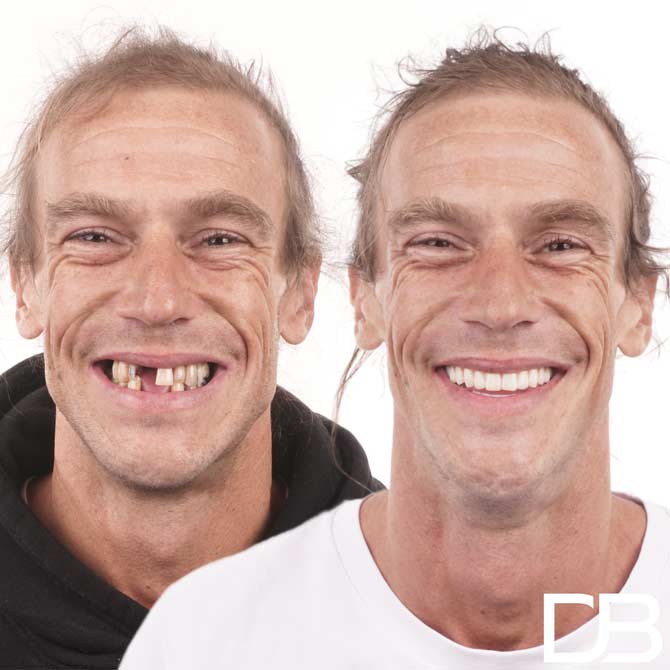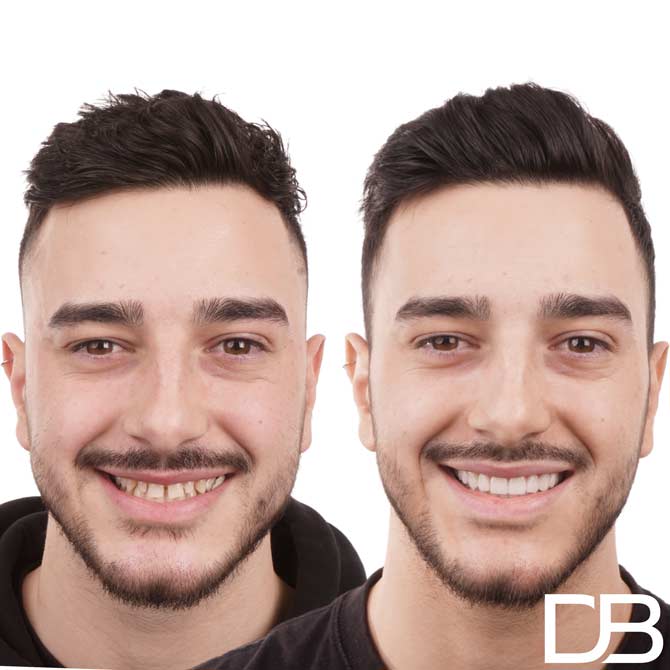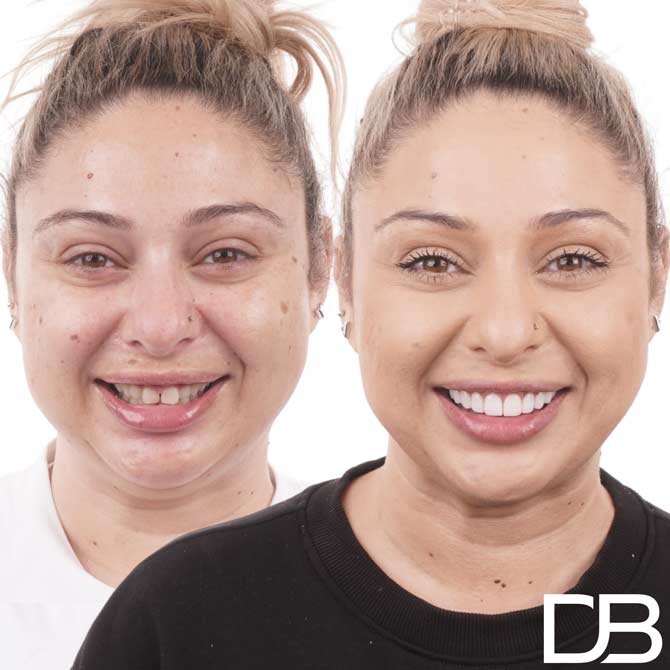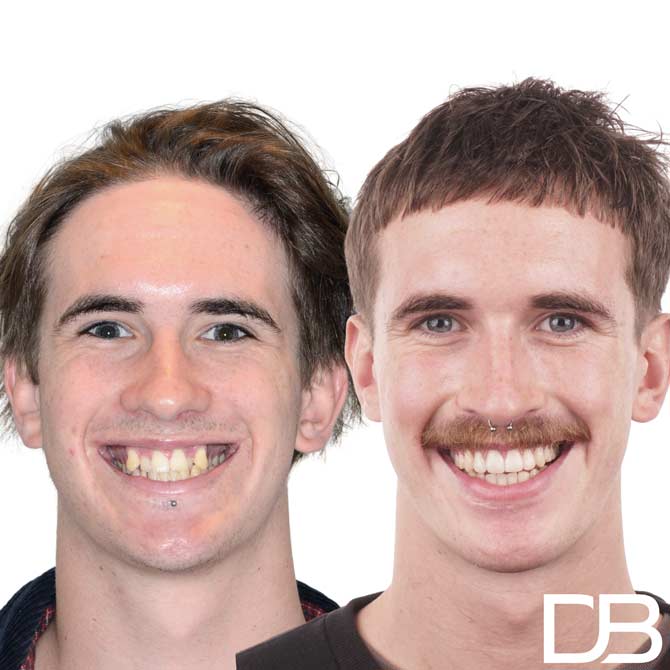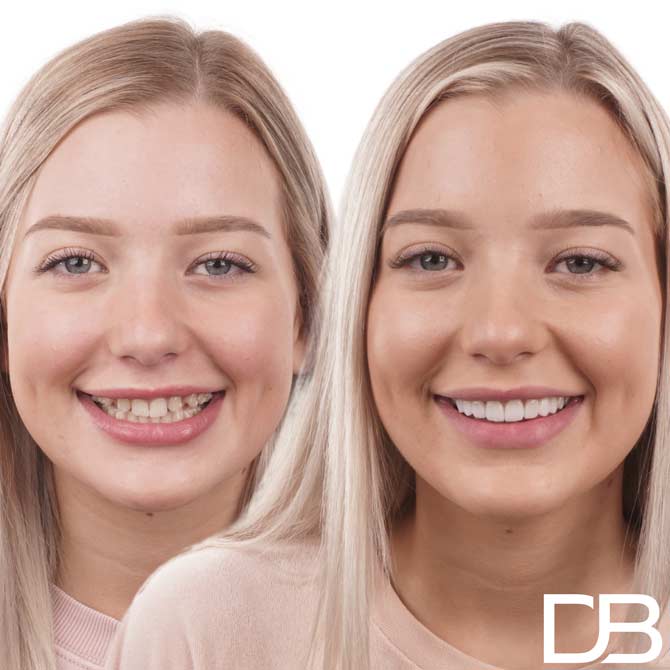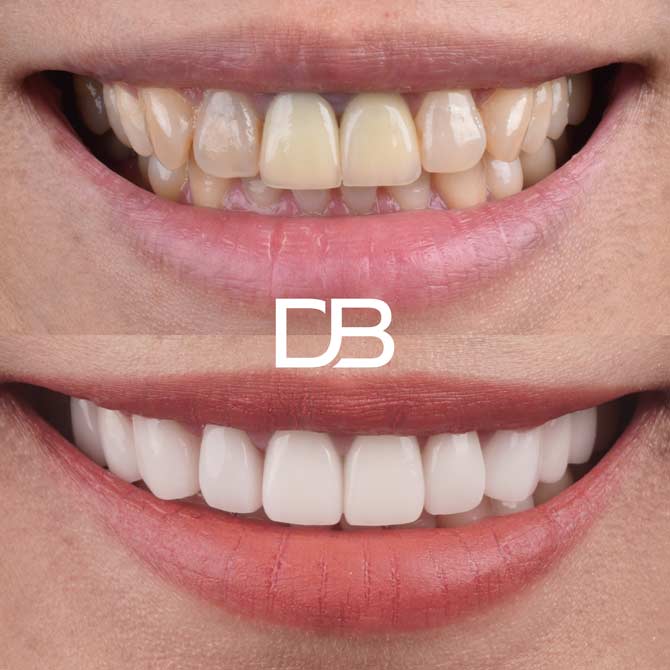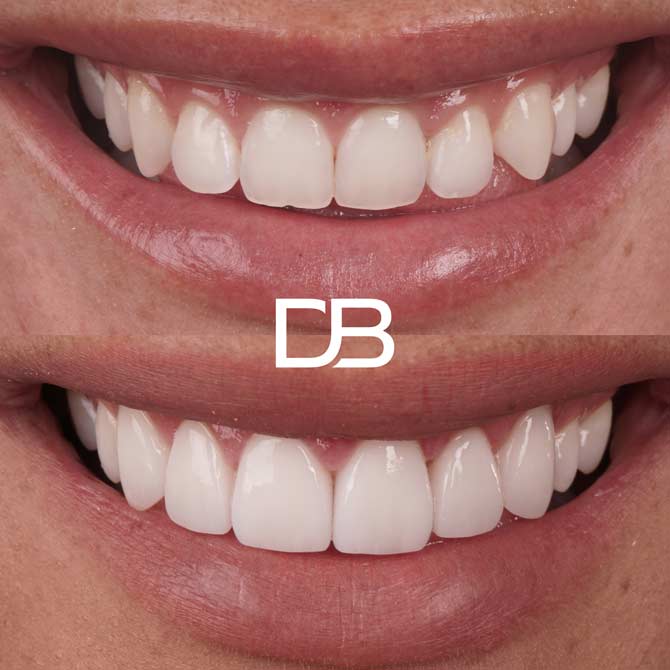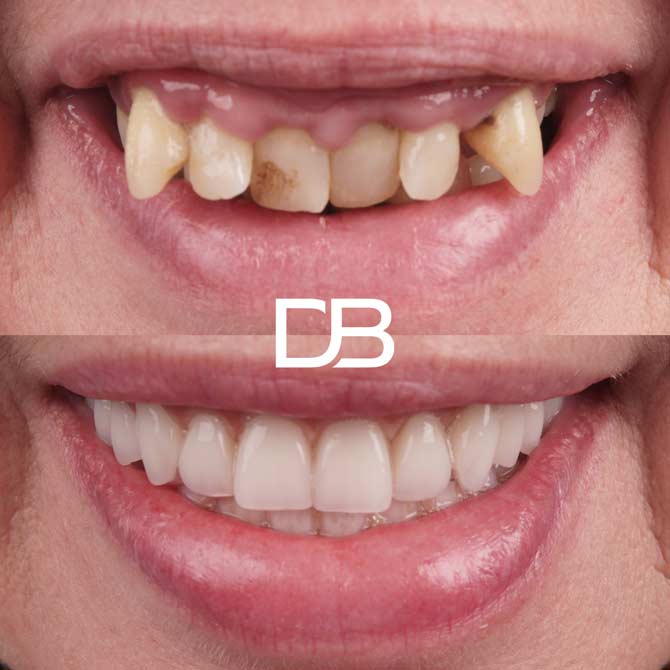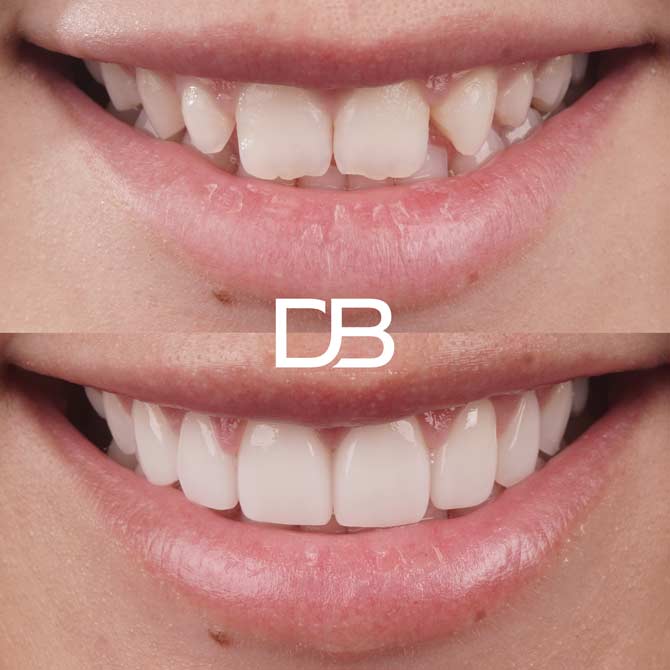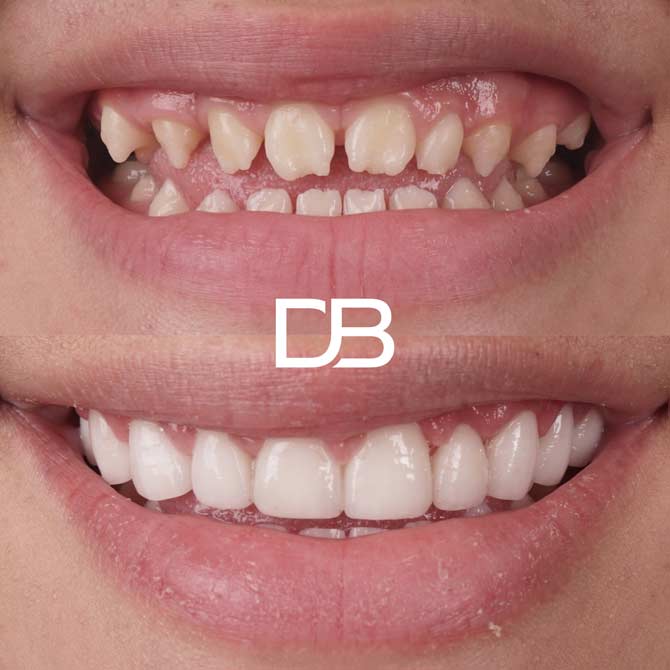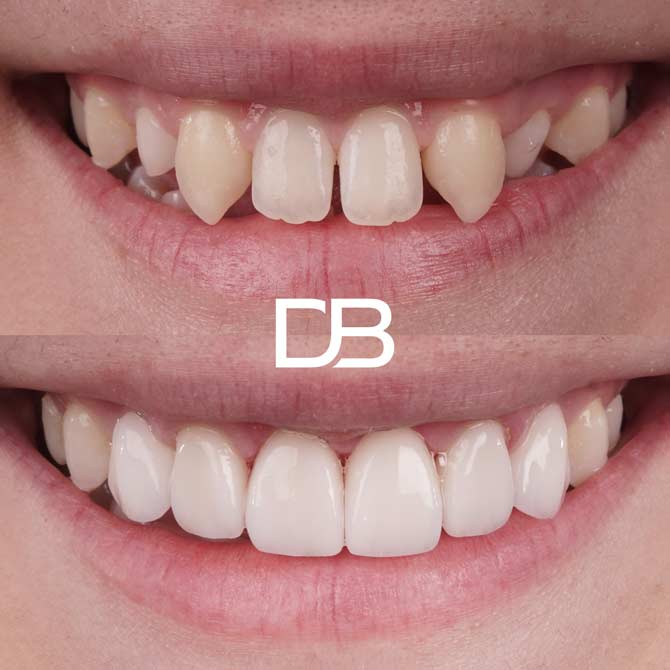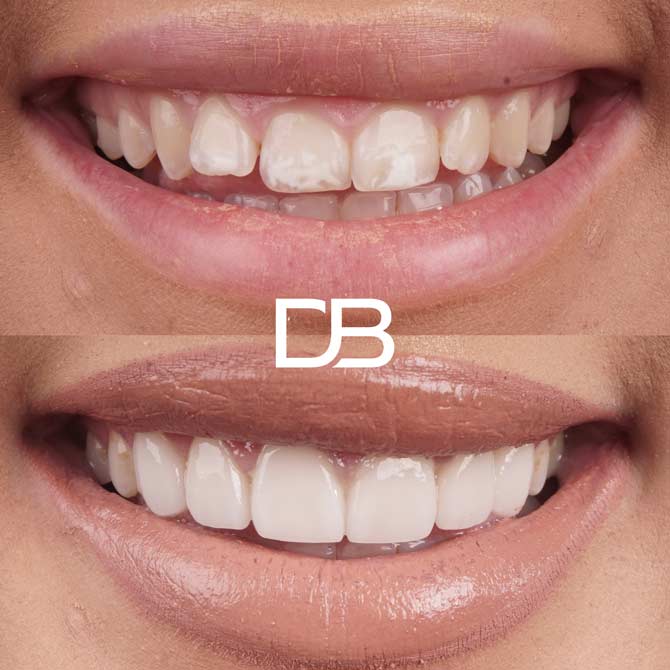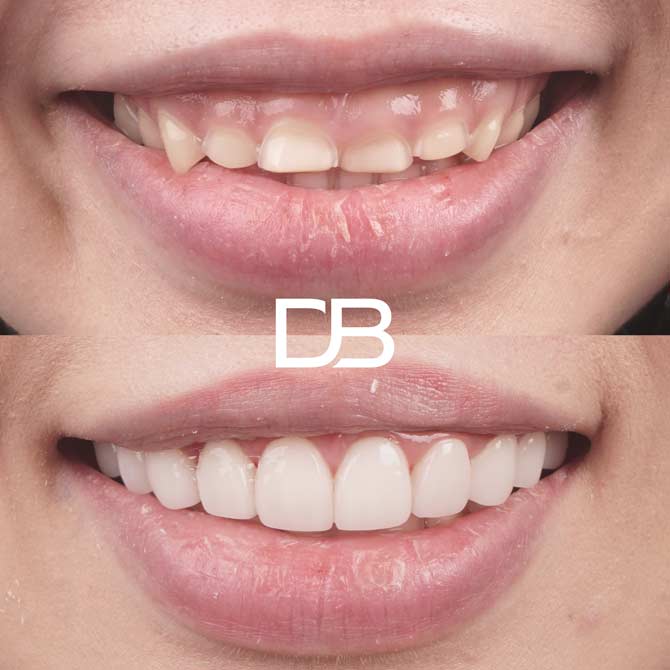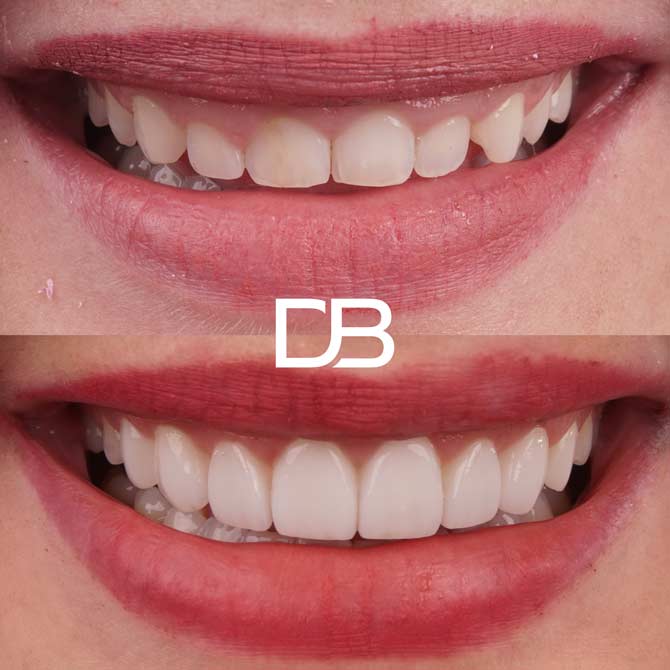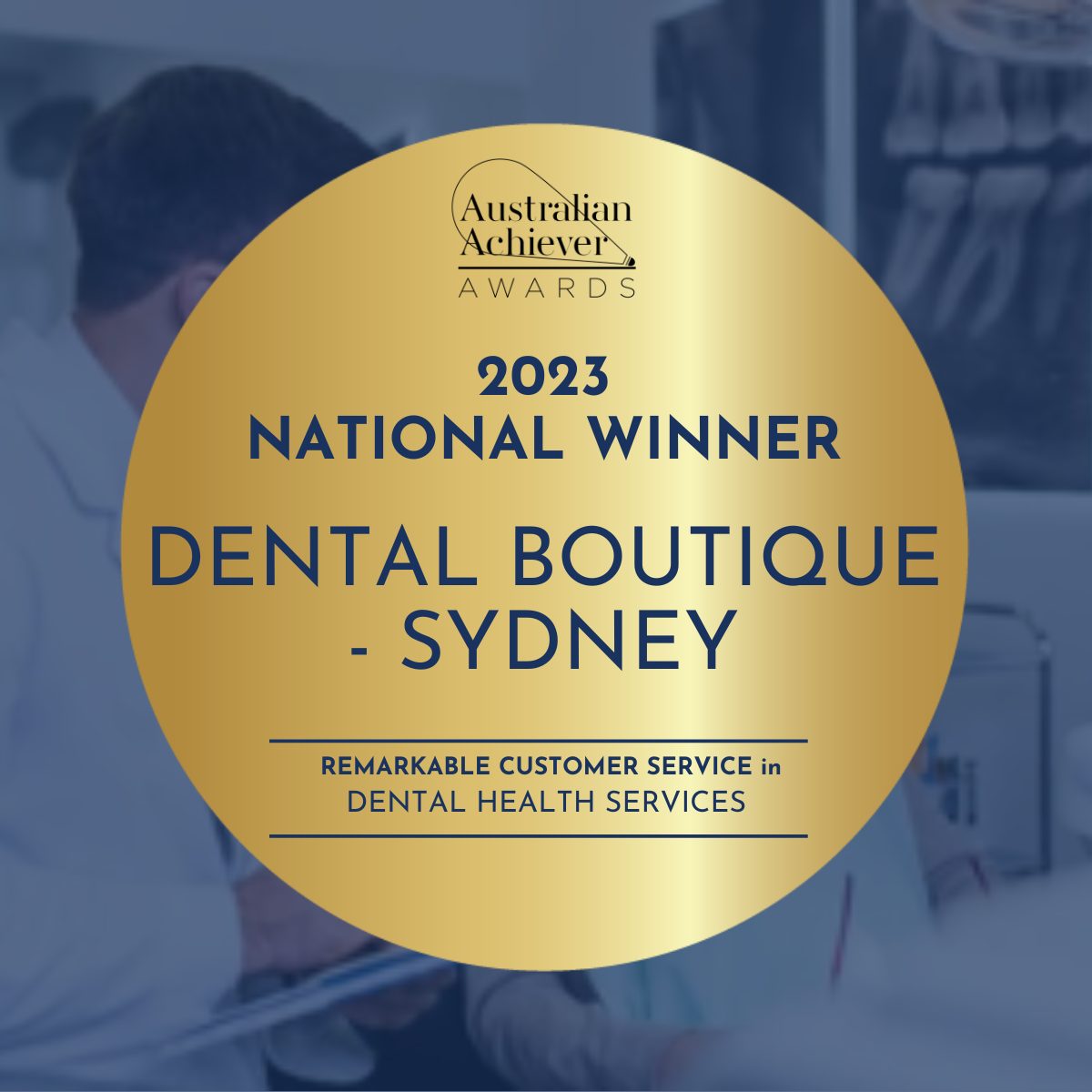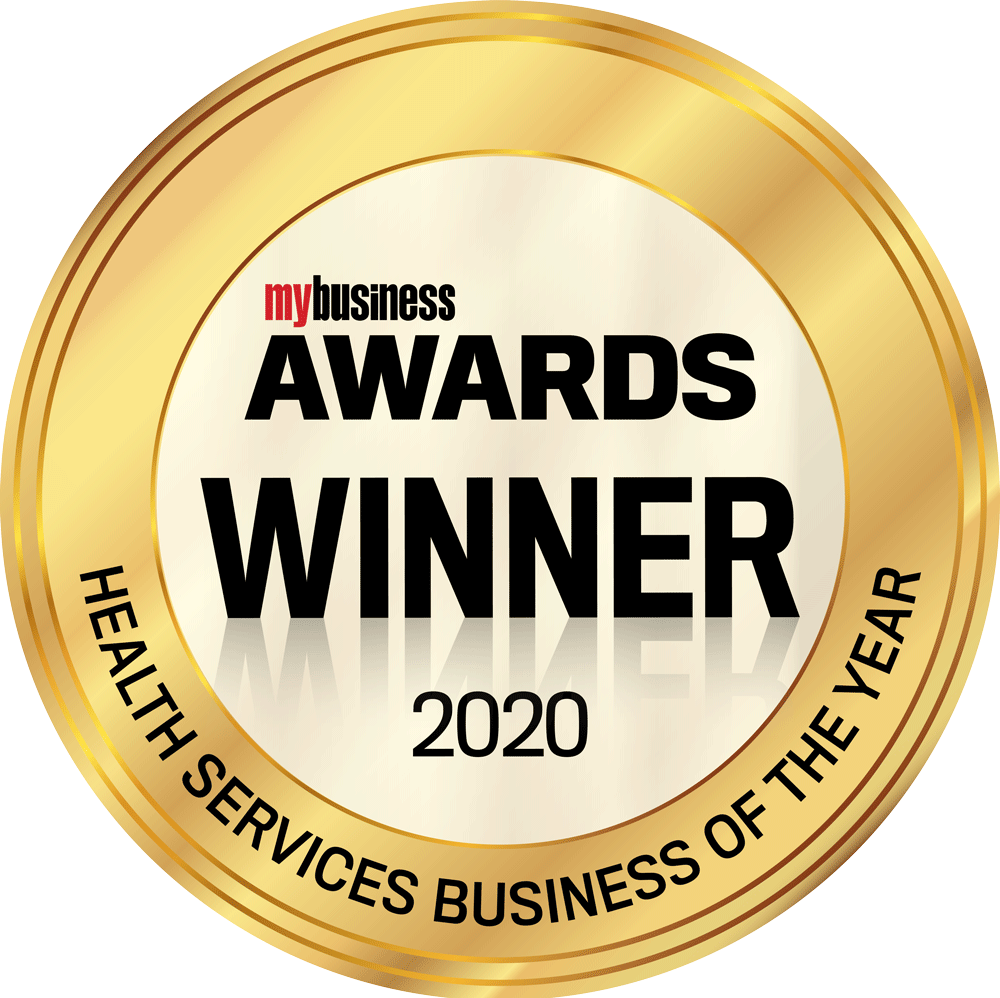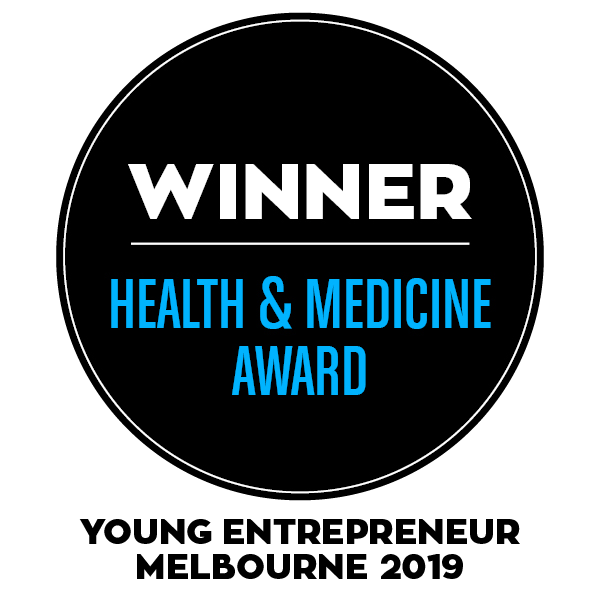What is a Dental Emergency?
Dental emergencies can occur at any time and any place, so it is super important to be prepared. A dental emergency is any situation that brings trauma to your mouth, causing it to bleed, sell, or affect the condition of your teeth, gums and other surrounding mouth tissue.
What can be Considered as a Dental Emergency?
Knocked-Out Tooth
Your tooth may be partially dislodged or completely removed from the socket. A sense of urgency is a must as both conditions require emergency dental care, as the tooth can die within an hour of being dislodged. If your tooth has been completely removed, the first step is to find your actual tooth and preserve it in milk or saline as soon as it is knocked out, until you see a dentist. If you have a partially-dislodged tooth, try to rinse your mouth to remove any debris and gently tap it back into the socket. Time is critical in saving the tooth so contact us on 1300 327 6453 immediately for an emergency appointment.
Facial or Gum Swelling
Swelling that affects not only the cheeks, but also the gums can indicate an underlying dental problem and will need to be diagnosed by a dentist. This inflammation can be reduced by applying ice or a cold compress and drinking plenty of fluids.
Pain or Sensitivity
Tooth sensitivity, or “dentin hypersensitivity,” is exactly what it sounds like: pain or discomfort in the teeth as a response to certain stimuli. You may also experience pain or sensitivity to your head and neck region. It may be temporary or a chronic problem, and it can affect one tooth, several teeth, or all the teeth in a single individual. If you are experiencing painful or sensitive teeth, we recommend seeing a dentist as soon as possible, to ensure the problem is located and stopped.
Chipped, Cracked or Broken Tooth
If the fracture extends to the part of the tooth that is embedded in the gum, it may endanger the stability of the tooth and affect the pulp where the nerves and blood vessels of the tooth reside. Firstly, you should clean the area by rinsing your mouth with warm water. Use an ice pack wrapped in a clean towel or a cold compress on the face if needed to reduce swelling. It’s best to head to the dentist as soon as possible, as a dentist can discern how serious the condition is and to ensure no further complications arise from it.
Toothache
A toothache can be caused by a number of reasons including; infection, cracked tooth, cavity or a leaky filling. This may also escalate and cause pain around your jaw area and cause your gum around the tooth to become red and puffy, causing nasty taste or a bad breath.
Tooth Abscess
If you notice a pimple-looking bump on your gum in between your teeth or a presence of pus on the gum or near the tooth, infection may be the main culprit. A tooth abscess can affect not only the tooth but also the gums and the surrounding tissues. Worse, the infection may spread quickly to other organs once the pus reaches the blood vessels on the pulp of the tooth.
Infected or Impacted Wisdom Teeth
An impacted wisdom tooth may not grow through your gums correctly. It may partially emerge, grow in at an angle, or develop completely sideways. It also often has a higher risk of infection, as several kinds of bacteria can cause an infection in and around a wisdom tooth.
Emergency Root Canal Therapy
If an infection enters this portion of your tooth, the toothache can create the need for immediate dental care. As a result, we regularly perform emergency root canals. It is important to visit us as soon as you have a toothache because if it is left alone, that same infection can spread.
Don’t Panic
Whether you have knocked your tooth out, have facial or gum swelling, have pain or sensitivity, have chipped, cracked or broken a tooth, have a toothache or are experiencing other dental problems, you should try to remain calm. The instant feeling in any emergency is to panic, but it is critical that you try your best to stay level headed, so you can address immediate symptoms such as pain, bleeding or swelling by seeing a dentist as soon as possible.
In House General Anesthetic
Dental fear affects ? Australian adults. Many of our patients have told us that visiting the dentist can be scary for a number of reasons. Dental fear is something we hear often and prevents patients from visiting the dentist for years. One bad experience at a dentist due to a painful experience, being reprimanded or judged or not being listened to, can cause dental anxiety. This is why at Dental Boutique we pride ourselves in ensuring our patients not only have a great result but have a comfortable, minimal discomfort and anxiety free journey. At Dental Boutique, our passion is to empower people to overcome their fears to achieve dental health and smile they deserve. We have a special interest and focus on minimal discomfort solutions. We offer In House General Anesthetic solutions such as General Anaesthesia (GA), where patients receive dental treatment while they are “asleep”. This is ideal for people who have dental anxiety or phobia, fear of needles, have a low pain threshold, have a history of traumatic dental experiences, a strong gag reflex or those who have complex dental requirements.
What do I do if I have a Dental Emergency?
If you or someone around you is involved in a dental emergency, contact 1300 327 6453 immediately. There are dental problems which unfortunately are unavoidable, no matter how hard we protect or care for ourselves. While there is no substitute for professional dental care, knowing how to act quickly can relieve discomfort until you see us. We will ask for details of your situation and advise you of the next steps to take prior to seeing us. We will be able to direct you on how to handle the situation with first-aid steps to follow. If urgent care is required, we will help make an emergency appointment.
The Statistics
- Australians aged 15 and over have an average of 12.8 decayed, missing or filled teeth.
- About 70,200 hospitalisations for dental conditions may have been prevented with earlier treatment.
- 50% of Australians haven’t seen a dentist in the past 12 months. This means even in some cases; not all Aussies come to their dental health provider for help.
What can I do to Prevent Dental Emergencies?
It is important to care for your teeth and gums and maintain optimal hygiene health. Dental emergencies can often be avoided by having regular check-ups. Seeing a dentist at minimum every 6 months will allow them to detect potential problems early, which may mean easier and less-costly treatment in the long run. Although some Dental Emergencies are unavoidable, there are many that are. Here is our formula to success:
Regular check-ups + good oral health regime at home = preventative measure to some Dental Emergencies.
Steps to Caring for your Teeth and Gums
Here is how you can prevent some Dental Emergencies;
- Clean your teeth and gums morning and night.
- Use a soft toothbrush and adult fluoride toothpaste.
- After brushing, spit the toothpaste out, but don’t rinse.
- Limit how often you have sugary food and drink.
- Plain tap water is the best drink for your teeth.
- Visit a dental professional every 6 months at minimum..
I’m Scared of the Costs Associated with my Dental Emergency…
At Dental Boutique we offer payment plans to help with all of your dental needs. Dental emergencies can be stressful, so we want to limit that stress as much as possible. While many of our new patients are attracted by the option of payment plans, they are often also pleasantly surprised to find that treatment will cost less than expected. However, if finance is a barrier to fixing your dental emergency problems, we offer payment plans, allowing you to start treatment straight away. Your dedicated Patient Coordinator will help you choose the most suitable payment plan option to suit your lifestyle and budget.
So What Now?
Now that you know more about dental emergencies, we hope that we can be of assistance. If you call 1300 327 6453, we will complete an emergency assessment with you and a dentist, so we can minimise your risk as soon as possible. We will then provide you with the next steps to fixing your dental health.

